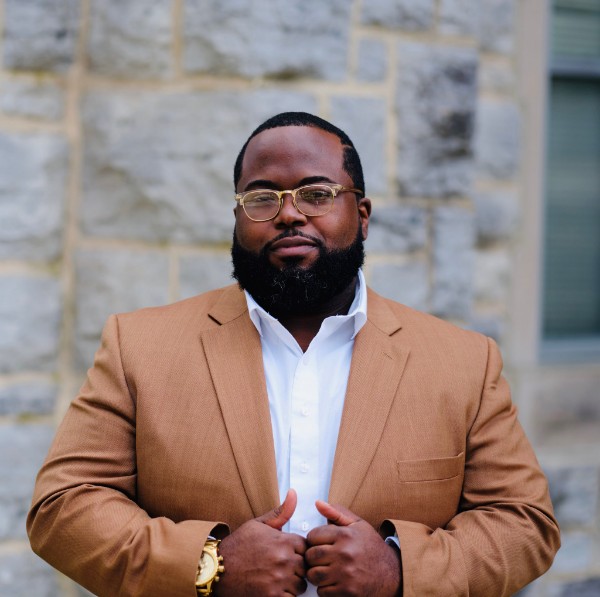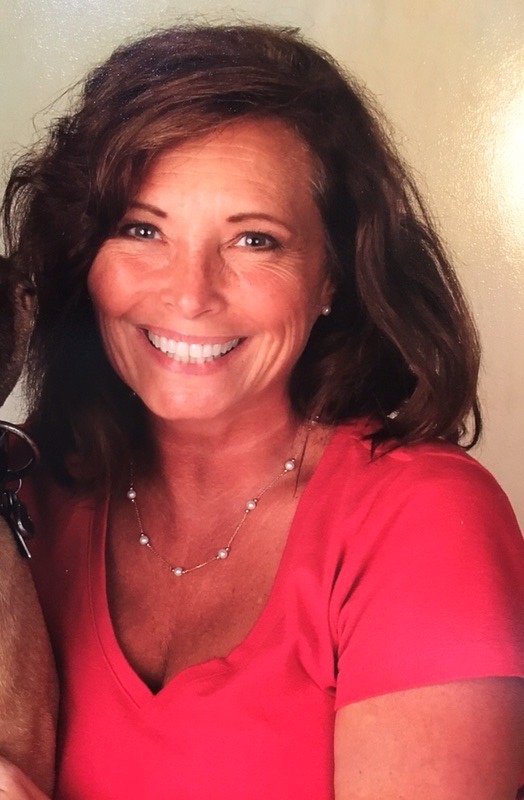The New Journey Support Services team consists of an emotionally intelligent and culturally aware team of individuals that are passionate about the success of our youth.

Sherkeith Jackson was inspired to start New Journey Support Services from his previous work with school age youth and young adults in the juvenile detention center and in after school programs. With a goal of building genuine relationships, he set out to develop an immediate rapport with the young women and men. As an active listener, he encouraged them to open up and share the challenges that they faced at home, in their personal lives, at school, and when out in public. It was these conversations coupled with the daunting statistical data around the academic outcomes for disadvantaged and underserved youth, that prompted Sherkeith to act. He knew that a mentoring program that incorporated a holistic, evidence-based curriculum, and one that also addressed academic, social, and life skills could potentially change the course of their lives and set them up for future success. Sherkeith gathered experts in youth behavioral health to make sure that he had the clinical support in place to support his goal of addressing the trauma that many of them are exposed to daily. The processing and coping techniques that Sherkeith and his team provide helps them to gain the positive life skills and comprehensive support services that sets them on the right path to their new journey.
Angela N. Mitchell, LCSW
As a testament to her effectiveness in the field and dedication to her work, Licensed Clinical Social Worker (LCSW), Angela N. Mitchell is affectionately called “Angie” by all who know and love her. Angie is an award winning, trauma focused mental health therapist, a certified Moral Reconation Therapy (a cognitive-behavioral treatment system that leads to enhanced moral reasoning and better decision making) facilitator, and a trained Family Partnership Facilitator. A life learner, she is also currently achieving credentialing as a Registered Play Therapist (RPT).
With great emotional intelligence, compassion and experience, Angie works closely with both children and adults that have had the unfortunate experience of severe trauma, abuse and neglect, and other clinical diagnoses that individuals most often find difficult to navigate. In collaboration with the Children’s Trust, local departments of social services, and other advocacy and resource providing organizations, she is dedicated to providing thorough, competent, and supportive mental health care.
Angie received her Bachelor of Arts degree in 2004 in Clinical Psychology, with a focus on Child Development from Hollins University, in Roanoke, VA. She received a Master’s degree in Social Work in 2006 from Radford University, in Radford, VA. Honored by her peers for her exemplary work in the field, Angie was the 2018 Children’s Trust of Roanoke Valley’s Golden Halo Mental Health Professional award recipient
A native of Roanoke Valley, Angie is the proud mother of two amazing adult children and one adorable fur-baby. She looks forward to holistically serving the youth and their families in The New Journey Support Services Life Skills program.

Mercedes Riley
Currently pursuing a degree in business management at Virginia Western Community College, with plans to transfer to Liberty University, Roanoke Valley native, Mercedes Riley is quite an asset to New Journey Support Services. As the administrative assistant, she leads with patience, kindness, and a personal commitment to making the world a better place. Mercedes shines as the first point of contact for the organization. She is intentional in providing care, concern, and resources that support positive development and empowering learning and living experiences for our children.
Mercedes also serves as a child instructor at several certified daycare centers where she provides comfort and evidence based care, coping, communication, and mobility techniques. She specializes in assisting young people that have challenging behavioral concerns with understanding and recognizing their triggers, and learning how to express themselves and their frustrations in more constructive ways.
